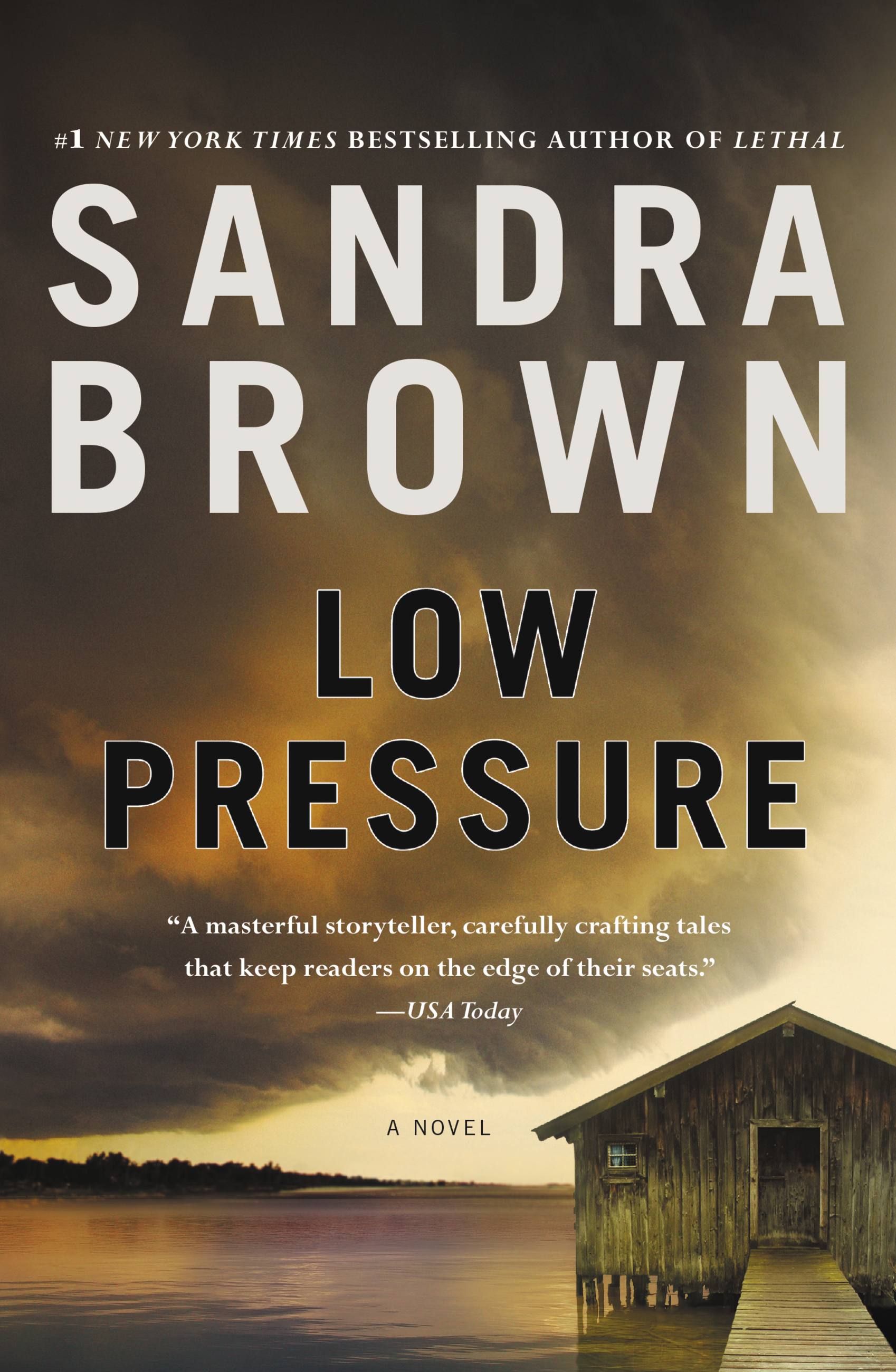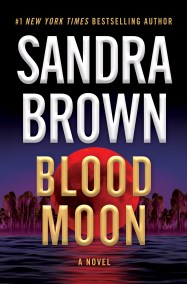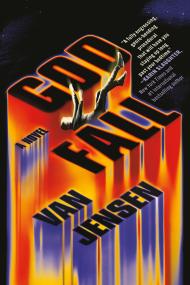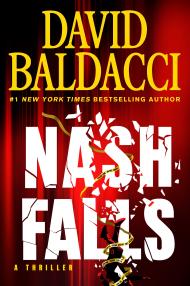By clicking “Accept,” you agree to the use of cookies and similar technologies on your device as set forth in our Cookie Policy and our Privacy Policy. Please note that certain cookies are essential for this website to function properly and do not require user consent to be deployed.
Low Pressure
Contributors
By Sandra Brown
Formats and Prices
- On Sale
- Sep 18, 2012
- Page Count
- 640 pages
- Publisher
- Grand Central Publishing
- ISBN-13
- 9781455501533
Price
$7.99Price
$9.99 CADFormat
Format:
This item is a preorder. Your payment method will be charged immediately, and the product is expected to ship on or around September 18, 2012. This date is subject to change due to shipping delays beyond our control.
Buy from Other Retailers:
Now, eighteen years later, Bellamy has written a sensational bestselling novel based on Susan’s murder, published under a pseudonym to protect her family from unwanted publicity. But when an opportunistic tabloid reporter discovers that the book is based on fact, Bellamy’s identity is exposed along with the family scandal . . . and she becomes the target of a vengeful assailant.
In order to identify her stalker, Bellamy must confront the ghosts of her past, including Susan’s wayward and reckless boyfriend, Dent Carter. Dent is intent on clearing his name, and he needs Bellamy’s help to do it. But her dangerous memories — once unlocked — could put both of their lives in peril.
Determined to learn the truth, Bellamy won’t stop until she finds Susan’s killer. That is, unless the killer strikes first . . .
Newsletter Signup
By clicking ‘Sign Up,’ I acknowledge that I have read and agree to Hachette Book Group’s Privacy Policy and Terms of Use







